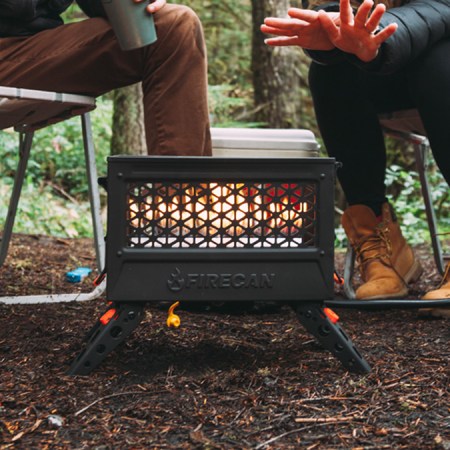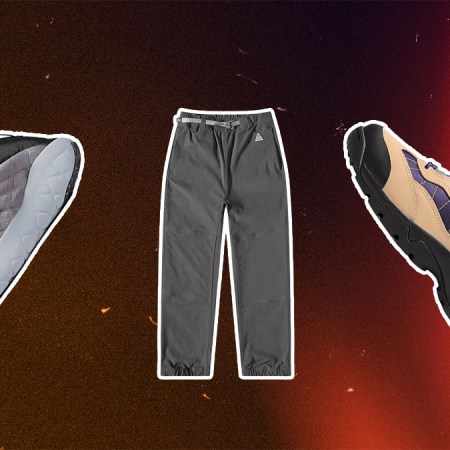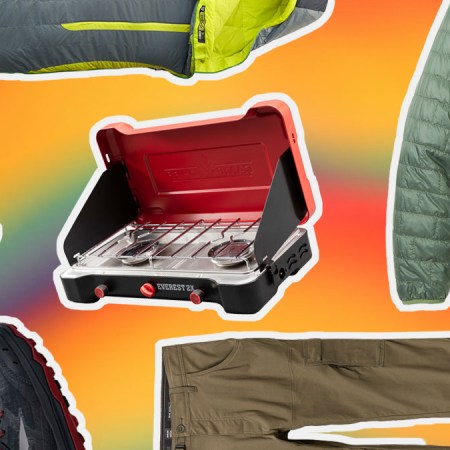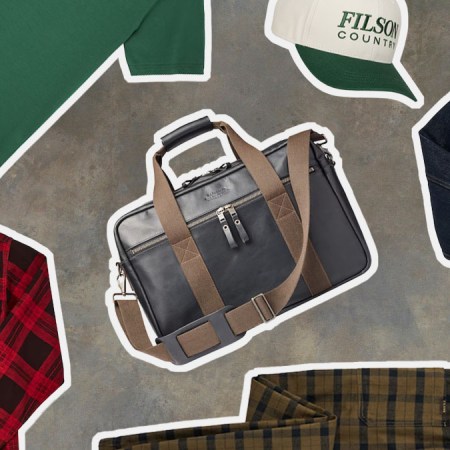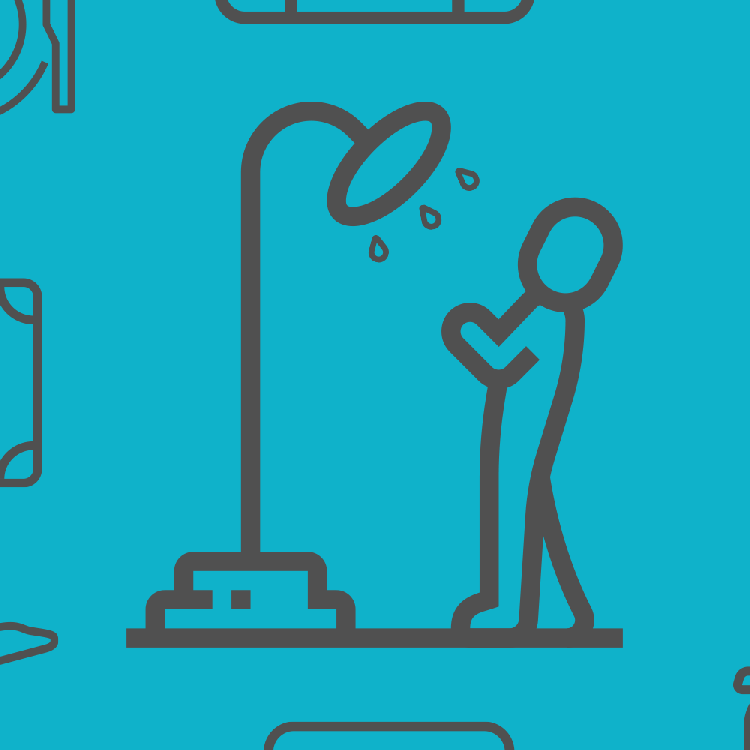You can’t possibly know everything.
As true for nature as it is a board meeting, bar trivia night or your boudoir.
Which is why having an excellent guide will make you a better skier, fisherman, hunter or assorted outdoorsman, regardless of your skill level.
It’s less about tutelage and more about having an insider on your team. If you’re in unfamiliar territory — say, wandering the banks of a new river, or hunting for pow in uncharted territory — secrets aren’t going to present themselves in the brief stretch of time you have there.
So how do you pick a guide for your next trip (hunting, fishing, hiking, camping, etc) to a place you’ve never been? Brian Wimmer, fly fishing ambassador at Sundance Resort in Utah, gave us some pointers.
If you’re a beginner, don’t cut corners
Don’t know a guide personally? Go with a reputable company, even if it means paying a premium.
“You want one with a physical space,” Wimmer says. “Or one that’s attached to a resort, like Sundance.” While there are plenty of guides operating online without a sponsor, you don’t know what you’re getting. “An entity like Orvis has high expectations and takes customer service extremely seriously.”
Wimmer recalls a guy who was trying to save money on an elk hunt and hired a guide from the internet. The guide hadn’t been following the herds over the summer, and went around local sporting goods stores to do research. “A good guide should’ve been scoping the herds all along so when the time came he’d know where to go.”
Referrals are always a good place to start
Meeting people through established connections is a solid plan. Do any of your friends post pics of fishing or hunting trips on social media? Are you going someplace similar? Ask them if they know of any guides in the area.
Treat it like you’re going on a date
“You cruise the pics and swipe right like you’re on Tinder,” Brian jokes. “Get the person on the phone and just shoot the breeze. If they’re a dead fish on the phone, they’re probably a dead fish on the water, too.”
Ask the right questions
If you’re fishing, ask what the water flow is like, how many people are on the river, where the hatches are, whether they’re fishing on dries or nymphs, and most importantly, “Do you know of places that are less crowded?”
Hunting? Ask how they track the herds, where they’ve been moving and why, and how many trips they do a year.
Hiking or camping? Ask about terrain, how long the hikes are, what the uphill’s like, how many vistas and natural wonders you’ll be seeing and, of course, how many people are on the trails.
If they’re providing the food, ask where they get it, whether it’s pre-made or fresh and what beers are in the cooler.
Ask to speak to the man (or lady) in charge
Feel them out. How do they select their guides? If the guy running the show is great, it’s likely that he hired great people and can match you up with the right guide after you’ve spent some time chatting on the phone.
Wimmer takes his guides fishing with beginners before hiring them. “I’m looking for an ability to impart knowledge in a relatable way. There’s so much jargon in our world that it can go over someone’s head.”
And remember, the best guides are great teachers
“At the beginning, you’re all asses and elbows,” says Brian about fly fishing. “You’ve got a nine-foot rod, a ton of line, a hook that’s snagged a tree … A guide needs to be patient.”
Unless you’re super experienced, watch out for guides who are just using their job as an excuse to get out on the water. “These guys can’t get through their four hours fast enough,” says Wimmer.
Moral of the story: do your homework, vet thoroughly and talk to a few different options before making a decision.
Great times will follow.
Main image credit: Loren Kerns
For more travel news, tips and inspo, sign up for InsideHook's weekly travel newsletter, The Journey.
